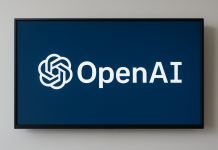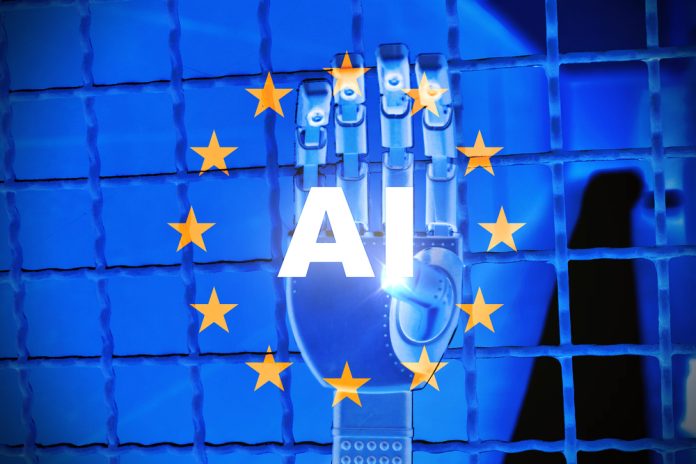As Europe takes major strides in regulating artificial intelligence, tech giants are responding with mixed reactions to the EU AI Code of Practice, a voluntary framework designed to guide responsible AI development under the recently enacted AI Act.
Microsoft Signals Likely Compliance
Microsoft President Brad Smith recently indicated that the company is leaning toward signing the EU’s new AI Code of Practice. “I think it’s likely we will sign. We need to read the documents,” Smith told Reuters.
The code, developed by 13 independent experts, is part of a broader EU initiative to enforce transparency and copyright compliance among developers of general-purpose AI models. Signatories must publish summaries of the datasets used to train their AI systems and adopt policies that align with EU copyright law.
Smith emphasized Microsoft’s interest in engaging constructively with the EU’s newly established AI Office, which is tasked with ensuring industry compliance with the AI Act, the world’s first comprehensive AI law that came into effect in June 2024.
Meta Rejects the Guidelines
In contrast, Meta Platforms has chosen not to sign the voluntary code. According to Joel Kaplan, Meta’s Chief Global Affairs Officer, the code introduces legal ambiguities and imposes obligations that extend beyond the AI Act’s original scope.
“Meta won’t be signing it,” Kaplan wrote in a recent LinkedIn post. “This code introduces a number of legal uncertainties for model developers, as well as measures which go far beyond the scope of the AI Act.”
Kaplan also highlighted concerns shared by 45 European companies, warning that the additional requirements could hamper the growth of frontier AI models and limit innovation among European startups and developers.
What Is the EU AI Code of Practice?
The EU AI Code of Practice is a voluntary framework that supports the enforcement of the AI Act by encouraging companies to:
- Disclose training data summaries
- Ensure AI models comply with copyright regulations
- Implement transparent governance practices
- Collaborate with the EU AI Office for ongoing oversight
While not legally binding, the code provides legal clarity and a cooperative path for companies that want to operate within the European Union’s digital economy.
Mixed Reactions from the Industry
While Meta has rejected the code, other major players including OpenAI and Mistral have already signed on. The code applies to key developers and deployers of general-purpose AI systems, including Alphabet (Google), Anthropic, and thousands of smaller companies operating in the EU.
Microsoft’s expected participation would signal strong support for regulatory collaboration, especially at a time when AI governance remains a global challenge.
What’s Next for AI Regulation in Europe?
The divergence between Microsoft and Meta reflects a broader debate about the balance between innovation and regulation in AI. While the EU aims to establish global leadership in ethical AI development, tech firms remain cautious about the impact of overlapping guidelines and complex compliance frameworks.
As the AI Act transitions into full enforcement, companies operating in Europe will need to weigh the benefits of voluntary alignment with codes like this one against the operational and legal risks of non-participation.
Conclusion
The contrasting stances of Microsoft and Meta toward the EU AI Code of Practice spotlight the ongoing tension between AI innovation and regulatory oversight. As Europe leads the charge in AI governance, the choices made by these tech giants will set the tone for global industry practices in the years ahead.











